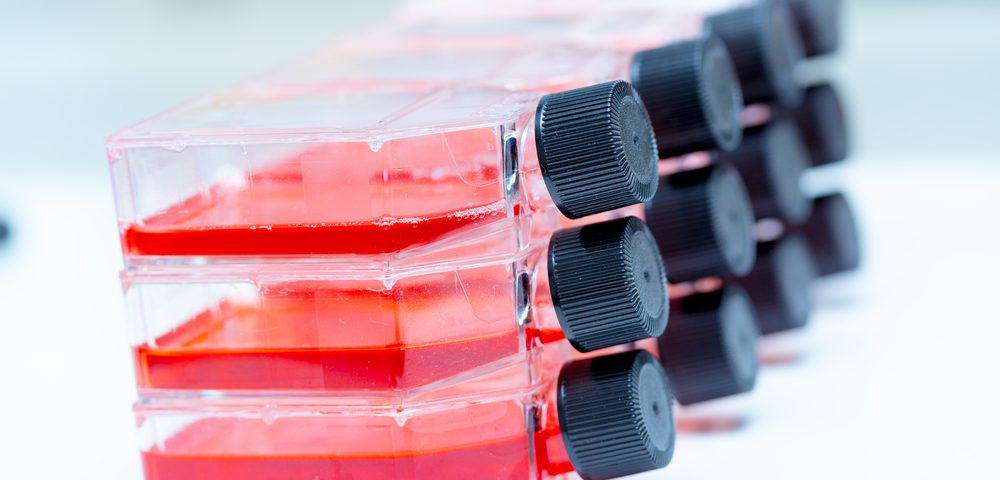Canadian researchers have identified a new subset of immune cells, called innate lymphoid cells (ILCs), that prevent the immune system from launching effective responses against cancer cells.
This previously uncharacterized subset of ILCs was found to reduce the activity and expansion of tumor-associated T-cells, and thus, their presence in tumors markedly reduces the time to disease progression.
The study, “A distinct innate lymphoid cell population regulates tumor-associated T cells,” appeared in Nature Medicine.
Although immunotherapies have been showing promise in the cancer field, many patients still fail to respond to such treatments, and researchers are still working to find out why.
One possible explanation is the presence of immunosuppressive cells like regulatory T-cells, myeloid-derived suppressor cells or macrophages that signal prevent tumor associated T-cells from effectively attacking and killing the cancer cells. Now, researchers at Toronto’s Princess Margaret Cancer Centre have identified a novel subset of immunosuppressive cells, called innate lymphoid cells. Their findings will further help unravelling why certain patients do not respond to immune therapies.
“We’ve uncovered a potential new approach to modulate the immune response to cancer,” principal investigator Pamela Ohashi, director of the center’s Tumour Immunotherapy Program, said in a press release. “By looking at tumor biology from this different perspective we’ll have a better understanding of the barriers that prevent a strong immune response. This can help advance drug development to target these barriers.”
Ohashi, who also holds a Canada research chair in autoimmunity and tumor immunity, believes that combining immunotherapies which boost immune responses with drugs that inhibit the function of these immunosuppressive cells may be the future. “This would really strengthen the way clinicians can treat cancer using immune therapy, which holds so much promise for patients,” she said.
But for now, the team is still trying to identify a biomarker that identifies patients with high levels of ILCs in their tumors, and whom are likely to benefit from drugs inhibiting their function.
“That knowledge will guide clinical decisions to personalize cancer treatment to unleash an individual’s immune response,” said Ohashi. “We need to identify ways to track these cells and find another source and ways to grow these cells for further study.”


